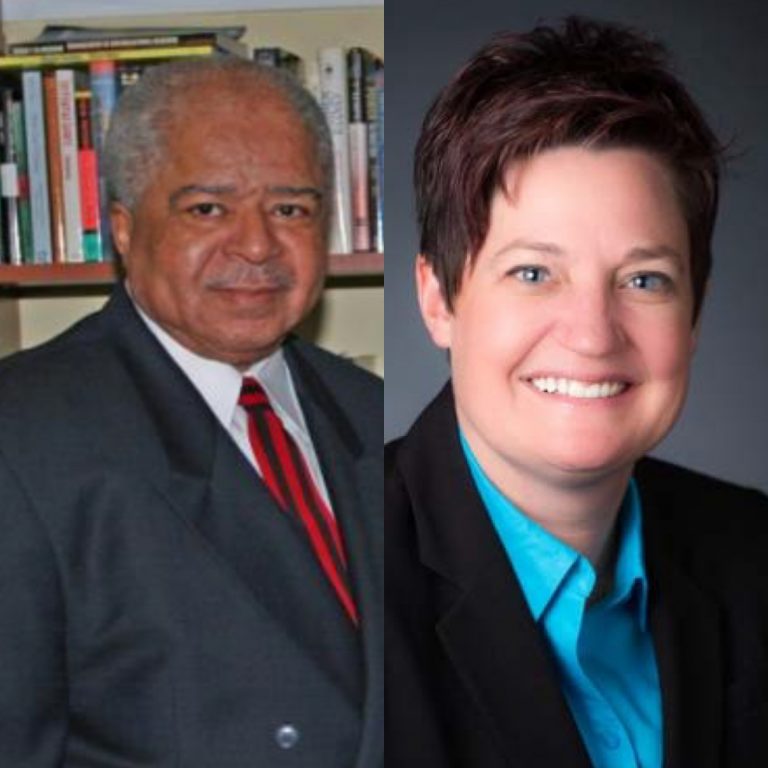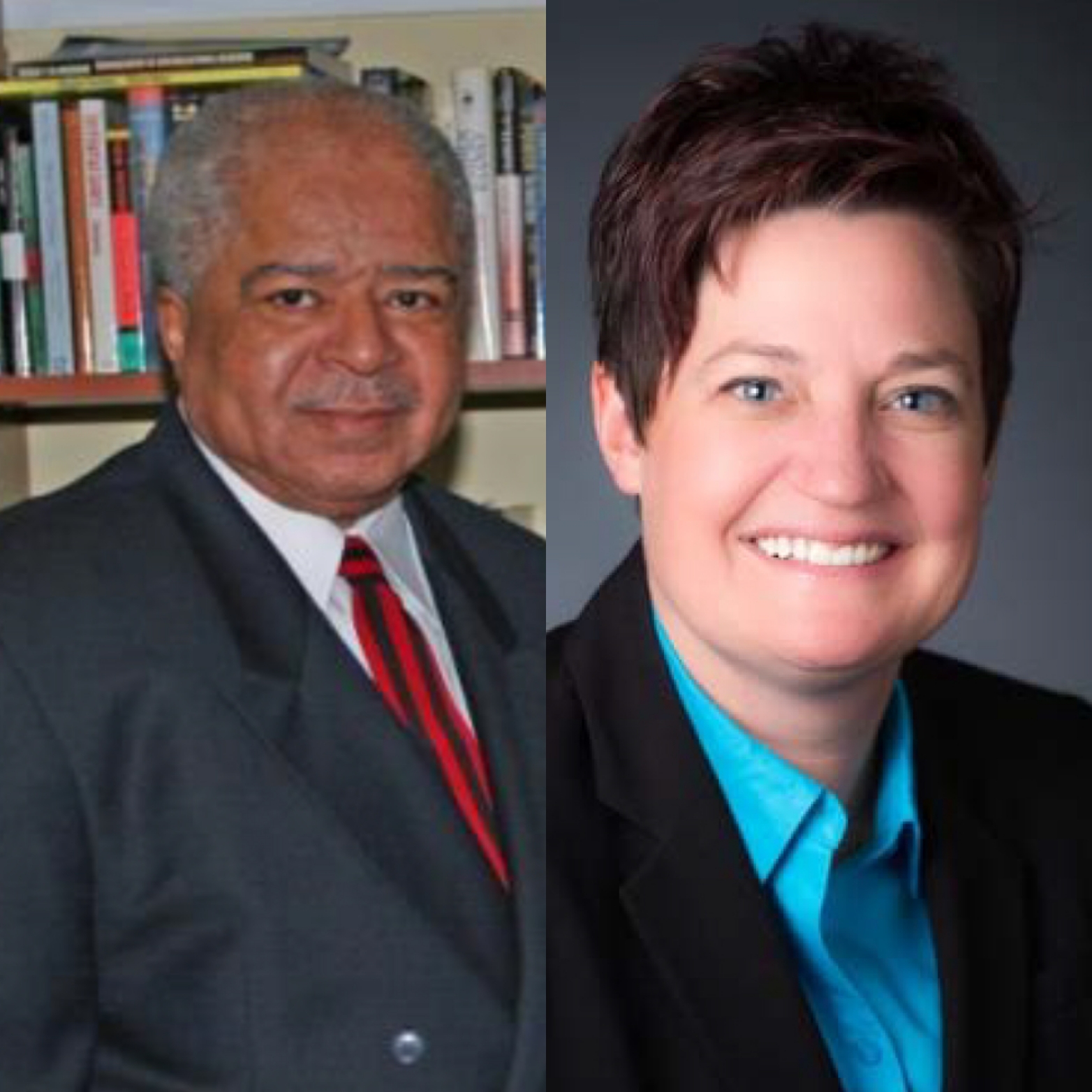Cultural Proficiency series focuses on constructing difficult conversations
Posted: March 2, 2021
A.T. Still University’s (ATSU) Diversity & Inclusion (D&I) department hosted the latest installment of President’s Cultural Proficiency Speaker Series Open Forums with a discussion around constructing difficult conversations. Ben Harrison, PhD, MA, president of Ben Harrison Associates, LLC, and Angela Cody, CDE, director of inclusion and diversity, Mallinckrodt Pharmaceuticals, were the featured guest speakers for the event.
“This campus community engagement activity is designed to provide voice to the campus community for open and honest dialogue on race, class, culture, and equity. We hope to ensure campus constituencies are welcomed, valued, and included through respectful conversation, which solidifies the ATSU mission and correlation to cultural proficiency,” said Clinton Normore, MBA, vice president for diversity & inclusion.
Difficult conversations can occur in any setting, from the workplace to a personal relationship. This discussion helps shed some light on the importance of having those conversations and developing constructive methods to have successful outcomes. Cody suggests that in order to begin constructing difficult conversations, it’s important to understand yourself and recognize the dynamics between yourself and the person with whom you are engaging. She mentioned an effective tool to remember when preparing for that conversation, and says to take a moment and “P-A-U-S-E.”
“Pay attention to what is actually happening, acknowledge your own reaction and those triggers, understand other interpretations, search for a productive way to resolve, and engage because silence is not an option when we want to disrupt the status-quo,” she said.
When conflicts arise, it is essential to understand your personal triggers, like what words or types of body language impacts your emotions, in order to take control of the narrative in your mind.
“Then you can understand how to control that emotion. You need to get a hold of that narrative that is happening within your brain and really recognize the need for inner work, really understanding who we are and recognizing the biases that are coming out in everyday situations,” Cody said.
Dr. Harrison said anyone, and everyone should be having difficult conversations at the appropriate time.
“The conversation should be honest, open, have transparency, trustworthiness, and the courage to receive whatever messages are being sent. If there is a lack of courage, that’s when the conversations become difficult,” Dr. Harrison said.
Throughout the presentation, both Dr. Harrison and Cody discussed the need for being open to learning and growing. It is necessary to take a moment to reframe the way you think about conflict and to visualize a positive outcome from the conversation.
“We have to stop working disjointly to change minds and begin working in unity to change hearts. That’s where we can stop some of the things that are happening that are not safe,” Dr. Harrison said.
Learn more about diversity at ATSU by visiting atsu.edu/diversity.
